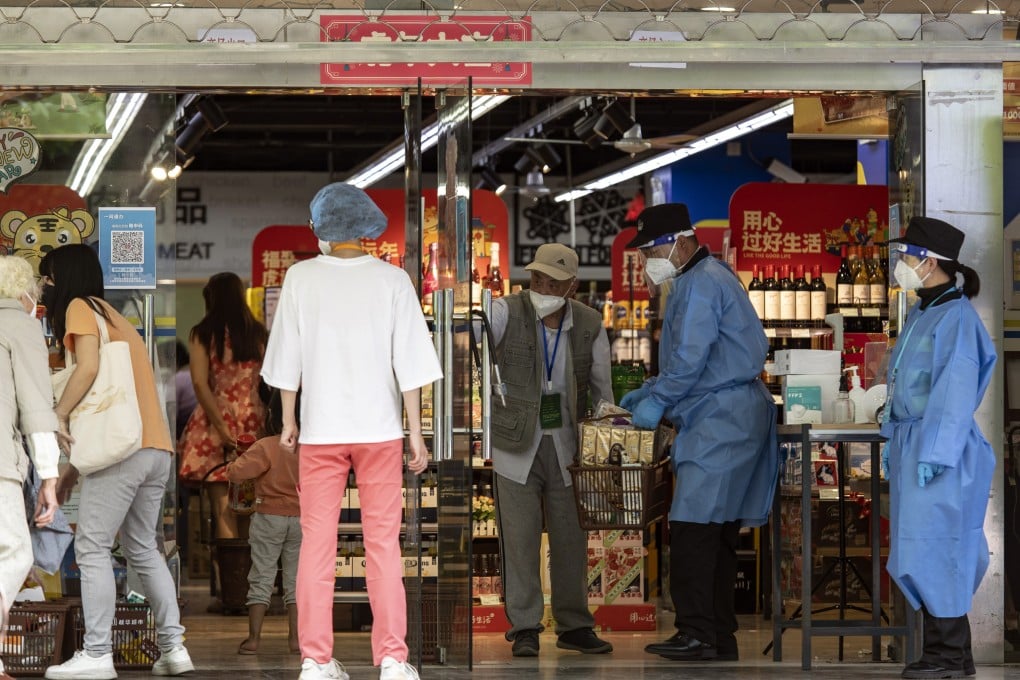China’s consumer sentiment hits record low, pessimistic outlook adds to calls for consumption stimulus policy
- China’s consumer confidence index slumped to 86.7 in April from 113.2 in March, hitting the weakest level since the data was first available in 1991
- Premier Li Keqiang last week poured cold water on growing calls for Beijing to issue direct payments to stimulate domestic consumer demand, as seen in the US

China’s consumer sentiment has fallen to a historic low amid the tight zero-Covid controls, adding fuel to the debate over whether Beijing will offer direct cash handouts to aid the faltering economy.
The country’s consumer confidence index slumped to 86.7 in April from 113.2 in March, according to multiple domestic economic databases citing the latest figures from the National Bureau of Statistics.
It represents a fall below the watershed mark of 100 that separates optimism and pessimism, hitting the weakest level since the data was first available in 1991. The drop of 26.5 from March to April is also the sharpest on record.
The subindices measuring consumer satisfaction with the current economic situation and their expectations for the future also sharply declined to a record low in April.
If you hand out cash, people will immediately recognise the government is giving them money and be confident to consume, so that everyone’s confidence will go up